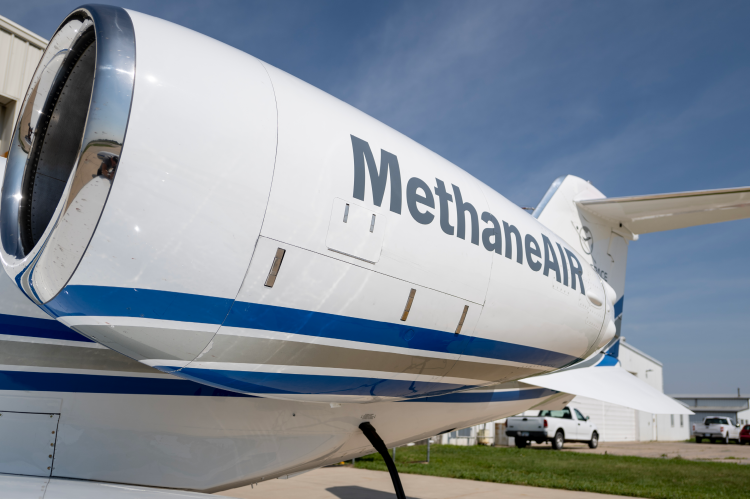Game Changing Methane Monitoring Technology To Combat Climate Change

MethaneSAT is a planned American-New Zealand space mission currently scheduled for launch in January 2024. The mission is planned to be an Earth observation satellite that will monitor and study global methane emissions in order to combat climate change.
Steven Wofsy, Harvard’s Abbott Lawrence Rotch Professor of Atmospheric and Environmental Science, is its principal investigator. According to the Harvard Gazette, the project is the result of a unique collaboration led by the nonprofit Environmental Defense Fund and involves academic scientists, environmental activists, the private space industry, and philanthropic pockets deep enough to fund the design, construction, and launch of a satellite, which is traditionally the reserve of government and big business.
MethaneSAT satellites will spot global sources of methane emissions, which in many cases can be halted with relatively simple fixes.
Presently, MethaneSAT spectrometers are tracking methane emissions across North America as part of MethaneAIR, providing the first comprehensive picture of total emissions.
For example, highly sensitive imaging spectrometers of MethaneAIR and MethaneSAT will measure methane in the atmosphere with unparalleled sensitivity, making it possible for the first time to determine total methane emissions over wide areas, including detailed maps of both large sources and countless smaller ones down to three parts per billion.
Methane from fossil fuel operations, agriculture, and other industries causes roughly 30% of today’s global warming. Cutting these emissions is the fastest way to slow the rate of warming, while we continue the transition to cleaner energy sources.
Data from MethaneAIR will provide detailed methane emissions data from a region of the world that supplies significant amounts of liquefied natural gas (LNG) to the European Union: In 2022, Europe became the primary destination for U.S. LNG exports with an all-time high of 420 million cubic meters per day.
As Steven Hamburg, EDF Chief Scientist puts it: "with stronger storms, hotter heat waves, longer droughts, and other climate-related impacts already growing apparent, there’s an appreciation that what’s important is not just how much the world warms, but also how fast."

